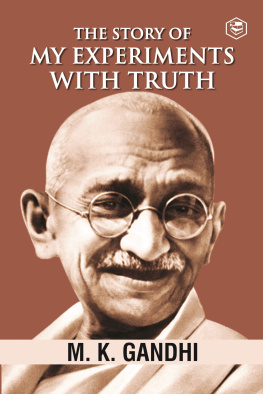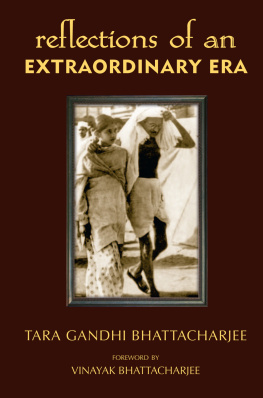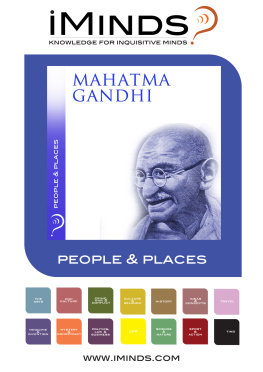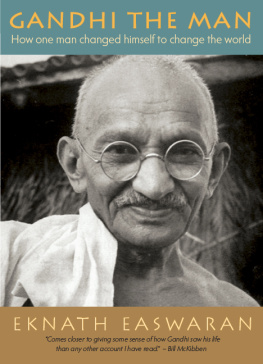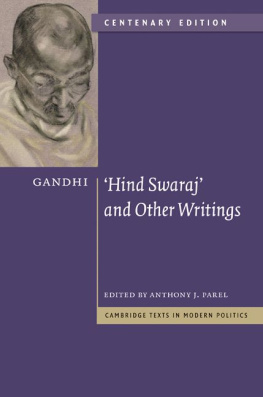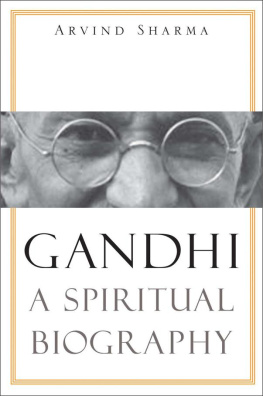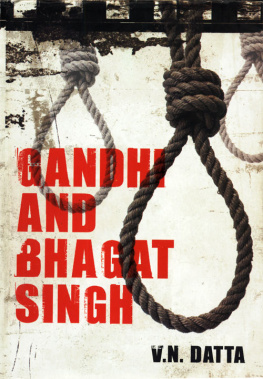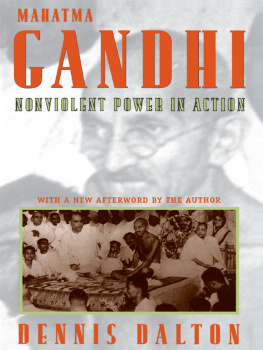Originally published in 1967 in the United States of America by Houghton
Mifflin Company Sudhir Ghosh
This edition first published 2008
by Routledge
912 Tolstoy House, 1517 Tolstoy Marg, New Delhi 110 001.
Simultaneously published in UK
by Routledge
2 Park Square, Milton Park, Abingdon, Oxon, OX14 4RN
Routledge is an imprint of the Taylor & Francis Group, an informa business
Transferred to Digital Printing 2008
2008 Shanti Ghosh
Phototypeset in 10/12 BruceOldStyle BT
Star Compugraphics Private Limited,
5-CSC, 1st Floor,
Vasundhara Enclave,
Delhi 110 096.
All rights reserved. No part of this book may be reproduced or utilised in any form or by any electronic, mechanical or other means, now known or hereafter invented, including photocopying and recording, or in any information storage and retrieval system without permission in writing from the publishers.
British Library Cataloguing-in-Publication Data
A catalogue record of this book is available from the British Library
ISBN 0-415-44555-8
Acknowledgements
T he author expresses his indebtedness to the following persons and institutions for permission to use copyright material: The Navajivan Trust, Ahmedabad; The Secretary of State for Commonwealth Relations; Mrs. Indira Gandhi; Dame Isobel Cripps; Mr. Woodrow Wyatt, MP; Messrs Orient Longmans, Calcutta; Mrs. Evamaria Brailsford; Ambassador G. Parthasarthi, Permanent Indian Representative, United Nations; Mr. Dahyabhai Patel; The Indian Express, New Delhi; The Statesman, Calcutta; Mr. Arthur Hays Sulzberger and the New York Times; Mr. Gardner Cowles and the Minneapolis Star and Des Moines Register; Mr. C. Rajagopalachari, Madras; Sri Aurobindo Ashram, Pondicherry; Principal Information Officer, Government of India.
Spite of despondence, of the inhuman dearth
Of noble natures, of the gloomy days,
Of all the unhealthy and Oer-darkened ways
Made for our searching; yes, in spite of all,
Some shape of beauty moves away the pall
From our dark spirits.
JOHN KEATS in Endymion
T he story of what really happened between Gandhiji and the British Labour Government in 194547, about the transfer of power to India, has not yet been told. Political and constitutional history has been written. But that is not the purpose of this book. Why Cripps and Pethick-Lawrence, at moments of crisis in the IndiaBritain negotiations, chose to meet Gandhiji secretly in the garden at the back of the Viceroys House in New Delhi without the knowledge either of the British Viceroy or of the Indian political leaders in a struggle to hand over power to an undivided India is, I see now many years later, a poignant as well as a dramatic story.
I have often been told by my friends in India, Britain and the United States that I owe it to them to write up my part of the Gandhi story. They have pointed out to me on many occasions that if ones life touches greatness at any point it is a duty to ones fellow men to report on it. I should have written this report some years ago, but I have suffered from mental lethargy. I have also hesitated to write a personal account of those years, because the story is likely to sound somewhat egotistical to some and to cause a certain amount of controversy. But the weightier consideration is that if I do not write this account of what happened in those amazing years a legitimate part of the recent history of India will be lost.
Gandhiji had a number of people around him to work for him. He had a habit of using different people for different jobs. He had his own idea on who was suitable for which part of his work and his choices were seldom obvious. His judgement was usually more intuitive than logical.
For his negotiations with the British Labour Government for the transfer of power during 194547 he chose, for reasons of his own, to use me as his young emissary, ignoring the logical protests of others. I was thus at the centre of the discussions and negotiations that ultimately led to the division of India into two separate sovereign States, with disastrous consequences for the subcontinent not for mere decades but perhaps for centuries to come. This perhaps is the true portent of the recent India-Pakistan war. It is useful to have a retrospective look at what happened, twenty years ago, and how it happened.
There were four principal personalities in the India-Britain human drama: Mahatma Gandhi, Sir Stafford Cripps, Pandit Jawaharlal Nehru and Sardar Vallabhbhai Patel. I am not interested in adulation of any of these personalities. I loved Gandhi but I was not an acolyte. To sentimentalize over Gandhis philosophy of non-violence is not my purpose; nor to refute it. I knew him as a very human man who was quite capable of committing human blunders in negotiations. Even more thoroughly I knew him to be a man of divine courage. Gandhi demonstrated in his life a range of courage surpassing any scale of human values. His philosophy of non-violence caused a ripple of hope in the world but that was not what made him immortal. It was the blazing flame of courage which he left behind as his legacy. On a point which was his swad-harma (self-law) he was unshakeable. The way he left the politics of Indian independence, in October 1946, and went down to the interior village of East Bengal to be in the midst of frightened men and women who, as a result of communal violence, had lost all sense of security, showed the world the real Gandhidriven inevitably to loneliness, walking barefooted from village to village, at the age of seventy-seven, singing Tagores song of poignant isolation: If they answer not thy call, then walk alone; if they do not hold up their lamps when the night is troubled with raging storm, then with the thunder-flame of thy pain ignite thine own heart and let it burn alone. When we celebrated Indian Independence on the 15th August 1947 Gandhi said it was for him a day of mourning.
To many, Stafford Cripps was a frosty intellectual. But those who really knew him understood that this deeply religious man of transcendent ability symbolized the best that India inherited from Britain. This heritage and men like Cripps who bestowed it, left behind in the hearts of Indians that enduring affection for the British people, their language and culture, which survived the thirty years struggle of India to remove herself, at once foundation and keystone, from the British Empire. The skill, the wisdom, the operational efficiency of the British collective being have permeated the Indian being and will be eternally present in Indias soul. That is our British inheritance. That too, was a gift of the divineto the process of evolution of Indias integrated personality.
To opponents, and indeed to many a bewildered and withered colleague, Nehru was the patrician, the arrogant aristocrat. Like hunger for food perhaps anger is the best sauce for high politics. In any case, his temper was ancillary. Centrally and critically Nehru represented the twentieth century in India, and called upon his people to enter it. It is true that he projected his self-esteem on to the psyche of India, occasionally even presenting the one as the other. This, too, was secondary. Above all he loved India with a rare passion and India returned that love in cascading abundance. He was Indias pledge to her own future unity and final synthesis. I have not come lately, by way of fashionable eulogy, to these views, nor have they been diminished by the growing awareness of Jawaharlal Nehrus grave errors at, and after, the partition of India. An intimate account of Nehrus role, if it is to be human, cannot but include his errors or, more precisely, my convictionsupported now by twenty years hindsightthat he erred in the proceedings which shape my narrative.




